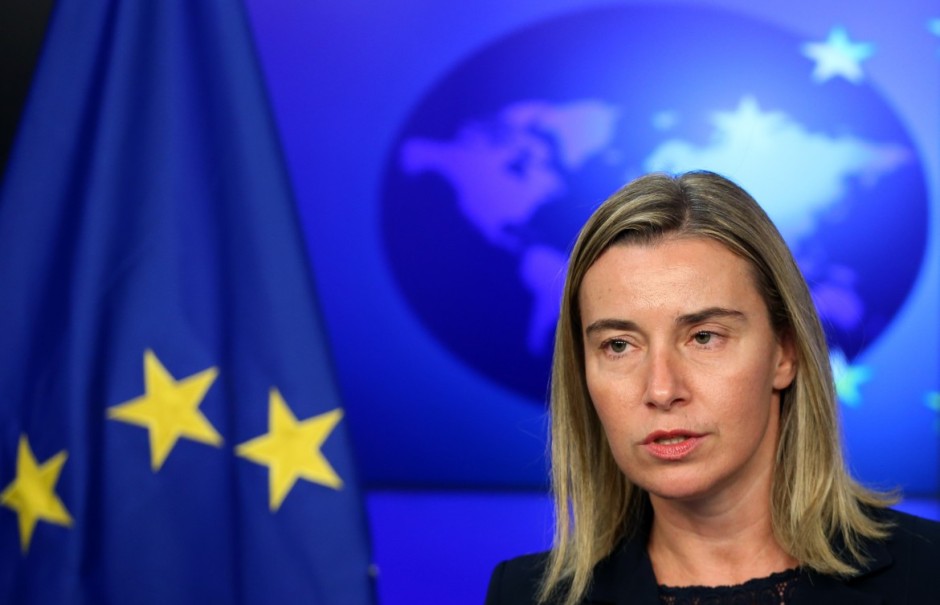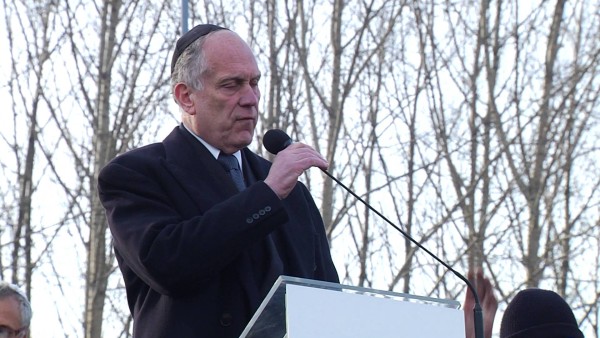
As the 70th anniversary of the liberation of Auschwitz was marked earlier this week, Ronald Lauder, the president of the World Jewish Congress, issued a dire warning. Antisemitism, he declared, is on the upswing.
Speaking about three weeks after a Muslim jihadist killed four Jews in a kosher supermarket in Paris, Lauder said, “For a time, we thought that the hatred of Jews had finally been eradicated. But slowly the demonization of Jews started to come back. Once again, young Jewish boys are afraid to wear yarmulkes on the streets of Paris and Budapest and London. Once again, Jewish businesses are targeted. And once again, Jewish families are fleeing Europe.”
Encouragingly enough, Lauder’s pertinent comments have been echoed by major European leaders.
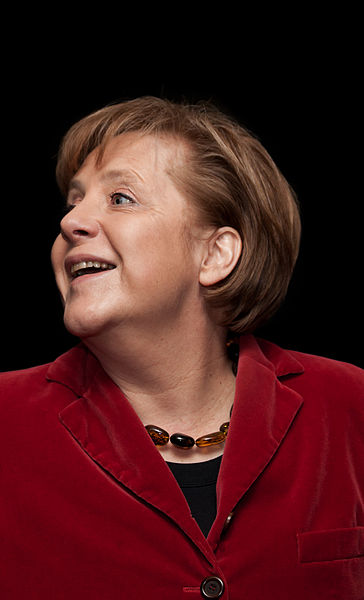
Several days ago, Angela Merkel, the chancellor of Germany, condemned antisemitism. In a speech at Auschwitz, where some 300 survivors gathered to commemorate its liberation by Red Army soldiers, Merkel observed, “It’s a disgrace that people in Germany are abused, threatened or attacked when they indicate somehow they are Jewish, or when they side with the State of Israel.”
Antisemitism, she added, must be confronted.
Merkel’s comments are significant, given the fact that she’s the leader of a country where the Holocaust was conceived and planned.
Frederica Mogherini, the chief foreign policy minister of the European Union, is also cognizant of the age-old spectre that haunts Europe today. Referring to Amedy Coulibaly’s cold-blooded attack on the kosher supermarket on January 9, she called it “a grim reminder” that “violent antisemitism” still exists. “Seventy years after the Holocaust, there are Jewish communities in Europe that again feel threatened.”
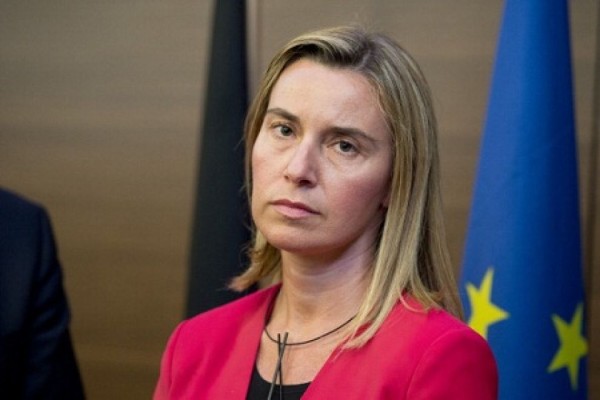
As a result of these periodic antisemitic outbreaks that plague Europe, thousands of French Jews have already immigrated to Israel and still many more are seriously considering that option.
This malaise is hardly confined to France, where the Dreyfus affair occurred and where a French collaborationist Vichy regime actively cooperated with the German occupiers to round up 75,000 Jews during the Holocaust.
In Hungary, which sent more than 400,000 Hungarian Jews to their deaths in Auschwitz, the antisemitic Jobbik Party goes from strength to strength. And in the wake of general elections in Greece, where the Holocaust unfolded in methodical fashion as well, the neo-Nazi Golden Dawn Party is still the third largest party, holding 17 parliamentary seats.
Concerned by the uptick in antisemitism, a European Jewish Congress delegation approached Mogherini a few weeks ago with a request to appoint a special task force to combat this ageless scourge.
Much to her credit, she listened carefully. On January 27, the speakers of some 30 European Parliaments released a joint statement in Prague condemning antisemitism in no uncertain terms.
“As heads of parliaments, we wish to make it clear that antisemitism and other hate crimes constitute problems for every society,” the statement said. “This is why it is imperative that parliaments, governments, international organizations and civil societies around the world adopt a zero-tolerance policy toward these phenomena.”
In line with this thinking, the Europeans called for a “three-fold approach,” consisting of education, legislation and enforcement, to combat antisemitism.
One can only hope that they translate their resolve into concrete action, the sooner the better.
Thankfully, the United Nations — a forum where Israel is regularly bashed — has become involved in the battle against antisemitism, too.
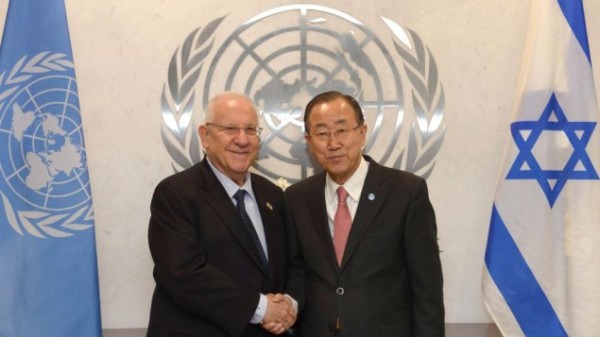
Recently, the UN convened a landmark session on antisemitism, and on January 26, Israeli President Reuven Rivlin met UN Secretary General Ban Ki-moon to discuss the issue.
Saying that the struggle against antisemitism is inextricably linked to the wider quest for human rights and the attainment of peace, Ban went on to make a telling point. As he said at the General Assembly, “Grievances against Israeli actions must never be used as an excuse to attack Jews. In the same vein, criticisms of Israeli actions should not be summarily dismissed as antisemitism.”
It’s clear that Jews are facing, yet again, what Hollywood filmmaker Steven Spielberg recently described as the “perennial demons of intolerance” from an informal coalition of garden-variety European antisemites and Muslim radicals affiliated with or in sympathy with groups like Al Qaeda and Islamic State.
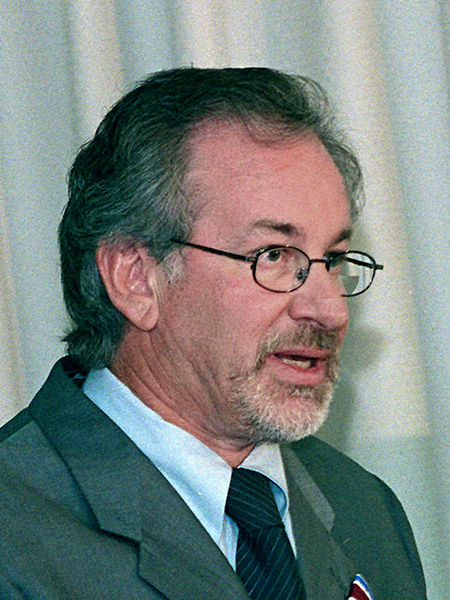
Antisemitism has been with us since the dawn of civilization and will doubtless linger on, but it’s incumbent on decent societies to fight it with all their might.
After the Holocaust, we have no choice but to join that noble cause.
